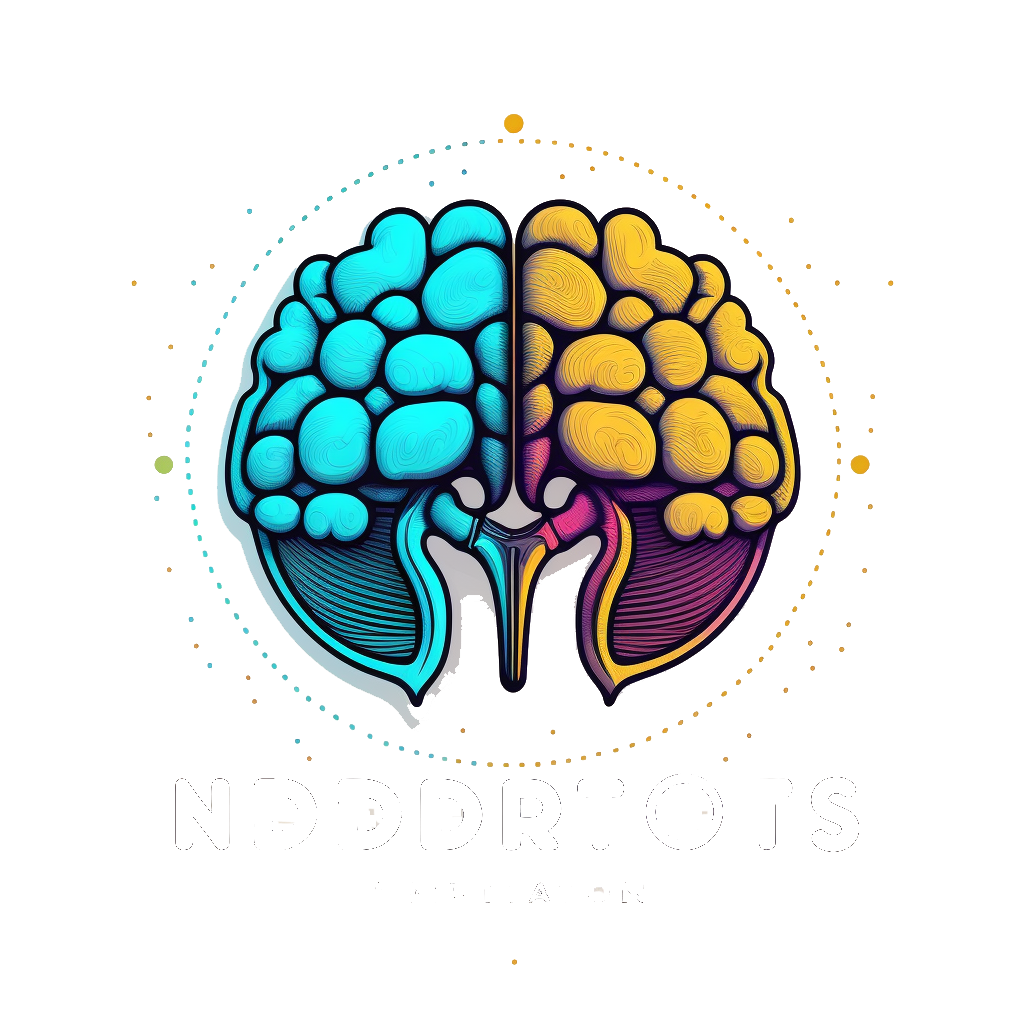Diabetes, a chronic metabolic disorder characterized by elevated blood sugar levels, has become a global health concern. With over 400 million people affected worldwide, finding innovative ways to prevent and manage this condition is paramount. While traditional approaches include diet, exercise, and medication, recent research suggests that nootropics, a class of cognitive-enhancing supplements, may play a significant role in diabetes prevention and management. In this article, we explore the potential of nootropics in helping to prevent and manage diabetes.
Understanding Nootropics
Nootropics, often referred to as “smart drugs” or cognitive enhancers, are a diverse group of compounds known for their positive effects on cognitive function, memory, creativity, and motivation. These substances have been used for decades to enhance mental performance and are commonly associated with improved focus, memory retention, and mental clarity.
While nootropics are primarily recognized for their cognitive benefits, recent studies have begun to uncover their potential in various aspects of health, including metabolic disorders like diabetes. Let’s delve into some of the key nootropics that have shown promise in preventing and managing diabetes.
Alpha-Lipoic Acid (ALA)
Alpha-Lipoic Acid is a naturally occurring compound that possesses potent antioxidant properties. Research suggests that ALA may help regulate blood sugar levels by increasing insulin sensitivity and promoting glucose uptake in cells. Furthermore, ALA can reduce oxidative stress, which plays a significant role in the development of diabetes-related complications. This dual action makes ALA a potential candidate for diabetes management.
Berberine
Berberine, an alkaloid compound found in various plants, has been extensively studied for its anti-diabetic properties. It appears to work by activating an enzyme called AMP-activated protein kinase (AMPK), which helps regulate glucose metabolism. Berberine has been shown to reduce blood sugar levels, improve insulin sensitivity, and reduce inflammation, making it a promising natural option for diabetes management.
Curcumin and Insulin Sensitivity
Curcumin, the active compound in turmeric, has gained popularity for its anti-inflammatory and antioxidant properties. Recent studies have shown that curcumin may help lower blood sugar levels by enhancing insulin sensitivity and reducing insulin resistance. It also has potential benefits in protecting against diabetes-related complications, such as neuropathy and kidney damage.
Ginseng
Ginseng, a traditional herbal remedy, has been used for centuries in Asian medicine for its various health benefits. Research suggests that ginseng may improve insulin sensitivity, lower fasting blood sugar levels, and reduce post-meal glucose spikes. These effects make ginseng a potential ally in diabetes prevention and management.
N-Acetyl-L-Cysteine (NAC)
N-Acetyl-L-Cysteine, commonly known as NAC, is an amino acid derivative with antioxidant properties. Studies have shown that NAC can improve insulin sensitivity, reduce oxidative stress, and enhance glucose metabolism. Additionally, NAC may help protect pancreatic beta cells, which are responsible for producing insulin, from damage caused by high blood sugar levels.
Takeaway
While nootropics are primarily associated with cognitive enhancement, their potential benefits in preventing and managing diabetes should not be underestimated. Alpha-lipoic acid, berberine, curcumin, ginseng, and N-acetyl-L-cysteine are among the nootropics that have shown promise in regulating blood sugar levels, improving insulin sensitivity, and reducing diabetes-related complications.
It’s important to note that nootropics should not replace conventional diabetes management strategies such as medication, diet, and exercise. Instead, they can complement existing treatments and contribute to better overall health. As research in this field continues to evolve, nootropics may hold the key to more effective and holistic approaches to diabetes prevention and management. However, individuals should always consult with healthcare professionals before incorporating nootropics into their diabetes management regimen to ensure safe and effective usage.
